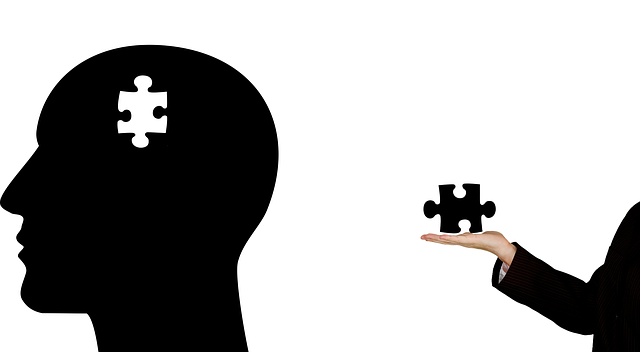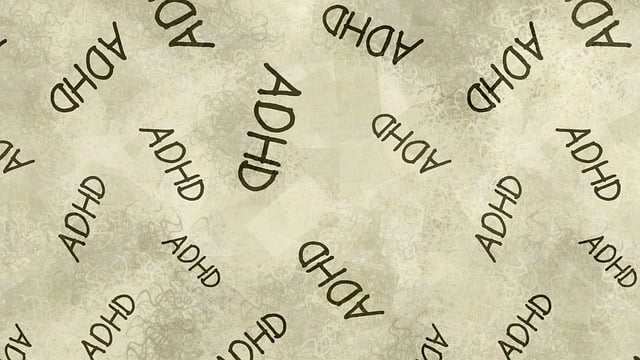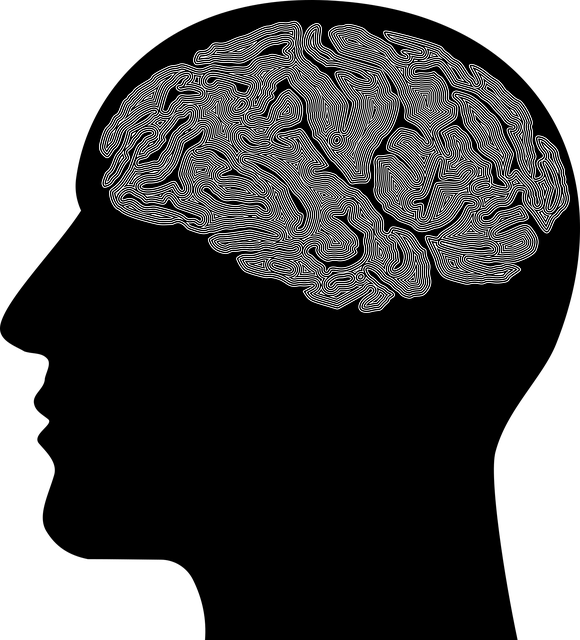Social skills training through therapy for young children, incorporating mindfulness techniques like deep breathing and body scans, is crucial for fostering mental wellness during a critical developmental stage. These practices enhance emotional regulation, empathy, and effective communication, improving peer interactions and mood management in kids. By equipping them with Mind Over Matter principles, therapy promotes healthier social connections and improved mental health outcomes, even encouraging the creation of educational resources like a Mental Wellness Podcast Series.
Social skills training plays a pivotal role in managing mental health conditions, especially in young children. This article delves into the intricate relationship between social skills and mental well-being, highlighting why early intervention through therapy is crucial. We explore mindfulness as an effective tool to enhance social interactions and present actionable strategies for implementation. By understanding these approaches, parents and caregivers can foster healthier, happier kids, equipped with essential life skills.
- Understanding the Link Between Social Skills and Mental Health
- Why Social Skills Training is Crucial for Young Children
- Mindfulness as a Powerful Tool in Social Skills Development
- Implementing Effective Strategies for Social Skills Training
Understanding the Link Between Social Skills and Mental Health

Social skills are integral to our overall well-being, and their impact on mental health cannot be overstated. In many cases, individuals struggling with mental health conditions, such as anxiety or depression, may experience difficulties in social interactions. This can create a vicious cycle where loneliness and isolation exacerbate their symptoms, making it challenging to seek support or engage in therapy. Understanding the connection between these two aspects is crucial for developing effective treatment strategies.
The link between social skills and mental health is deeply intertwined with self-esteem, emotional regulation, and coping mechanisms. Therapy for young children often incorporates mindfulness techniques and self-awareness exercises to foster healthy social interactions. By teaching kids how to recognize and manage their emotions (Mood Management), they can develop the Mind Over Matter principles needed to navigate social situations more effectively. This proactive approach not only enhances their ability to connect with peers but also contributes to better mental health outcomes in the long term.
Why Social Skills Training is Crucial for Young Children

Social Skills Training plays a pivotal role in fostering mental wellness for young children. At a crucial stage of development, kids learn and mimic behaviors from their peers, making age-appropriate social interactions essential for healthy growth. However, mental health conditions can impede this process, leading to challenges in forming connections and managing emotions.
Through Therapy for Young Children, Social Skills Training introduces mindfulness techniques tailored to their age group. These practices help children recognize and regulate their feelings, understand others’ perspectives, and communicate effectively. By mastering these skills, young individuals gain confidence interacting with peers, improving their mood management abilities and enhancing their overall mental wellness, even extending into the production of a Mental Wellness Podcast Series.
Mindfulness as a Powerful Tool in Social Skills Development

Mindfulness has emerged as a powerful tool within social skills training for mental health conditions, particularly when targeted at young children. By integrating mindfulness practices into therapy sessions, professionals can enhance self-awareness exercises and foster healthy coping mechanisms. This approach encourages kids to stay present, observe their emotions, and respond thoughtfully rather than reacting impulsively in social situations.
In the design of mental health education programs, incorporating mindfulness techniques such as deep breathing, body scans, and guided meditations can create a safe space for children to develop essential social skills. These self-care practices not only promote emotional regulation but also enhance their ability to connect with peers, understand nonverbal cues, and engage in positive interactions. As a result, mindfulness training contributes significantly to the overall well-being of young individuals, equipping them with valuable tools for navigating social challenges and cultivating meaningful relationships.
Implementing Effective Strategies for Social Skills Training

Implementing effective strategies for social skills training involves tailoring approaches that cater to individual needs. For young children, play-based therapy and mindfulness exercises can be powerful tools. Through games and imaginative scenarios, therapists create a safe environment where kids can learn to interpret social cues, express their emotions, and interact with others. This early intervention is crucial in fostering healthy relationships and promoting emotional regulation skills.
Incorporating stress reduction methods and inner strength development techniques alongside mindfulness practices empowers individuals to manage challenging situations. These strategies teach individuals to recognize triggers, respond rather than react, and develop a sense of calm. By nurturing emotional intelligence and self-awareness, social skills training becomes a transformative process that enhances overall well-being and promotes successful social integration.
Social skills training, incorporating mindfulness techniques, is a game-changer in mental health support, especially for young children. By understanding the link between social interactions and mental well-being, we can implement effective strategies to enhance their abilities. This approach not only empowers kids with essential life skills but also offers a promising therapy for improving their overall mental health. Mindfulness, as a powerful tool, allows them to navigate social challenges with greater ease, fostering healthier relationships and a more positive outlook.














